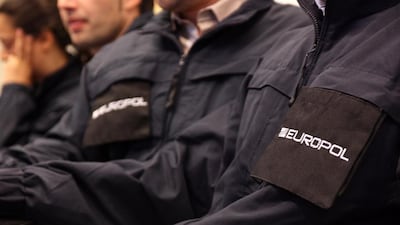A Europe-wide crackdown to tackle the online threat of ISIS has discovered more than 26,000 pieces of terrorist content, leading to the arrest of a suspected member responsible for distributing it.
Over three days the EU Internet Referral Unit of Europol, Europe’s joint police task force, conducted an initiative to identify ISIS-related propaganda online.
It involved 12 EU member states and nine online service providers and led to Europol referring 26,000 items of ISIS-related content to online service providers.
The terror content will now be evaluated by the online agents to establish if it breaches their terms of service, is legal and if freedom of speech is being protected.
The operation was led by the Belgian Investigating Counter-Terrorism Judge and the country's Federal Prosecutor’s Office, together with its Federal Judicial Police of East-Flanders.
Spanish police arrested a key individual suspected of being one of the main disseminators of ISIS terrorist propaganda online.
There has been a series of joint efforts to take down communication networks linked to ISIS.
In August 2016 the task force first focused on ISIS-affiliated news agency Amaq’s mobile application and web infrastructure.
The move forced the propagandists to build a more complex and secure infrastructure to stop further disruption.
But in June 2017, a second strike led by Spanish police and supported by Europol, Eurojust and the US, hit part of the news agency’s web assets and infrastructure.
The seizure of its servers led to radicalised supporters being identified in 133 countries.
It revealed terror propaganda had been accessed more than 200 million times by 52,000 people.
Last April a third operation led to ISIS's web infrastructure being taken down forcing the group to rely heavily on social media and messaging applications to reach wider audiences.
The shift led to the initiative that identified the tens of thousands of pieces of ISIS propaganda this month.
“Europol will continue working towards fostering closer public-private partnerships to ensure the disruption of the dissemination of the terrorist online propaganda, and will continue to support law enforcement authorities in EU member states to address the terrorist abuse of the internet,” the force said.


